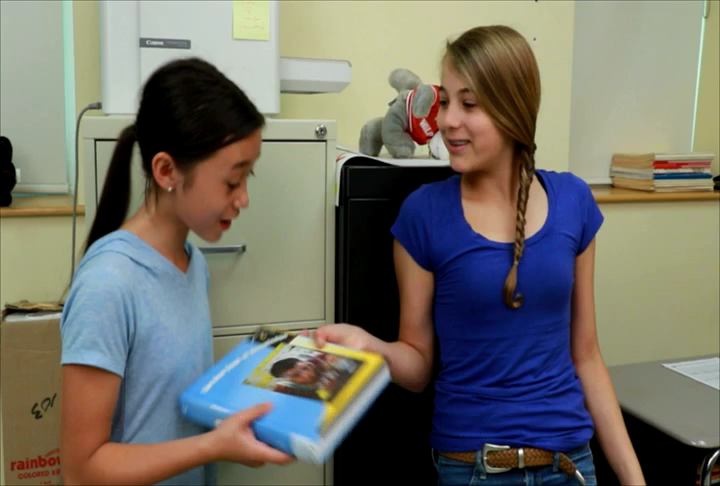
Introduction: In special education, teaching essential social skills, such as gratitude and thankfulness, plays a crucial role in students’ overall development. These skills not only enhance their learning experience but also improve their social interactions and wellbeing.
Understanding Gratitude and Thankfulness
Gratitude and thankfulness are the abilities to express appreciation and acknowledgment for the help, kindness, or support provided by others. These skills impact students’ learning by fostering a positive classroom environment, promoting healthy relationships with peers and teachers, and contributing to their emotional wellbeing.
The Role of Specialists
Various specialists can support the development of gratitude and thankfulness in students:
- Speech-Language Pathologists: They can help students improve their verbal and non-verbal communication skills to express gratitude effectively.
- Social Workers: They can work with students to recognize and appreciate the acts of kindness they receive from others and encourage them to express thankfulness.
- Psychologists: They can support students in developing a positive mindset and understanding the importance of gratitude in building healthy relationships.
- School Counselors: They can provide guidance on implementing gratitude practices in daily routines and teach students how to express appreciation in various social situations.
IEP Goals for Gratitude and Thankfulness
Here are some specific SMART IEP goals to improve gratitude and thankfulness in students:
- Goal 1: The student will demonstrate the ability to say “thank you” when receiving help or support from peers or teachers in 4 out of 5 opportunities for 3 consecutive weeks.
- Strategy: Use role-playing activities to practice saying “thank you” in various situations.
- Activity: Create a visual reminder for the student to express gratitude when appropriate.
- Goal 2: The student will identify and express appreciation for acts of kindness from others in 4 out of 5 opportunities for 3 consecutive weeks.
- Strategy: Encourage the student to keep a gratitude journal to record acts of kindness they receive.
- Activity: Conduct group discussions about the importance of expressing gratitude and sharing personal experiences.
Implementing and Measuring Progress
For effective implementation and progress measurement:
- Collaborate with the student’s support team to ensure consistent implementation of strategies and activities.
- Monitor the student’s progress regularly through observations, assessments, and feedback from teachers and peers.
- Adjust the IEP goals and strategies as needed based on the student’s progress and individual needs.
Conclusion: Teaching gratitude and thankfulness in kindergarten students through well-designed IEP goals can have a lasting impact on their social interactions and emotional wellbeing. By applying these goals and collaborating with specialists, educators can help students develop essential social skills. To explore more resources, visit Everyday Speech Sample Materials.





